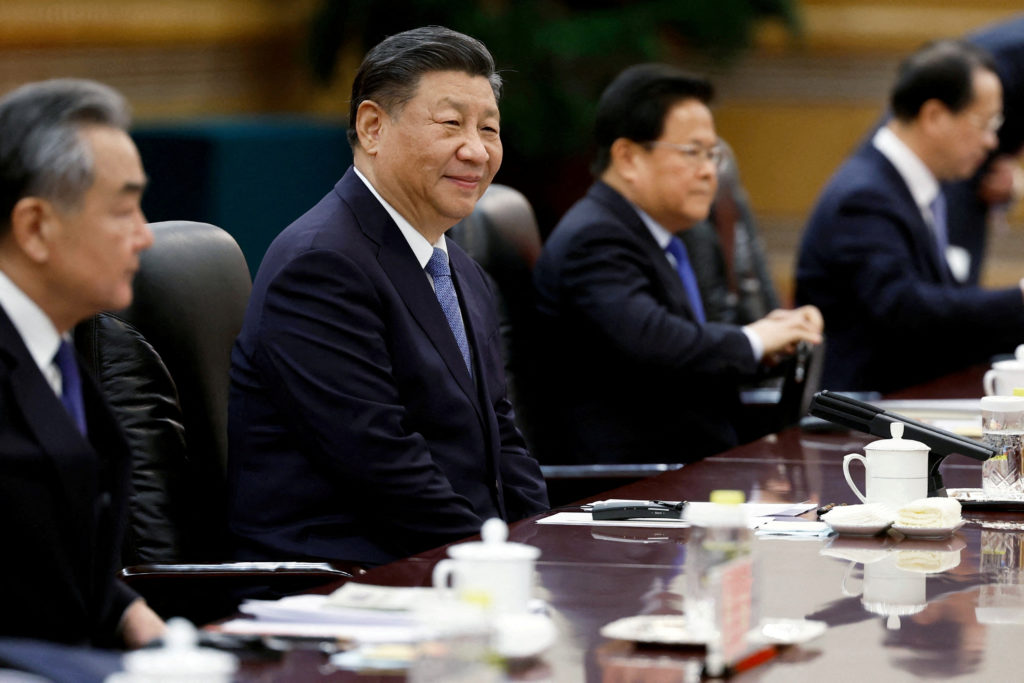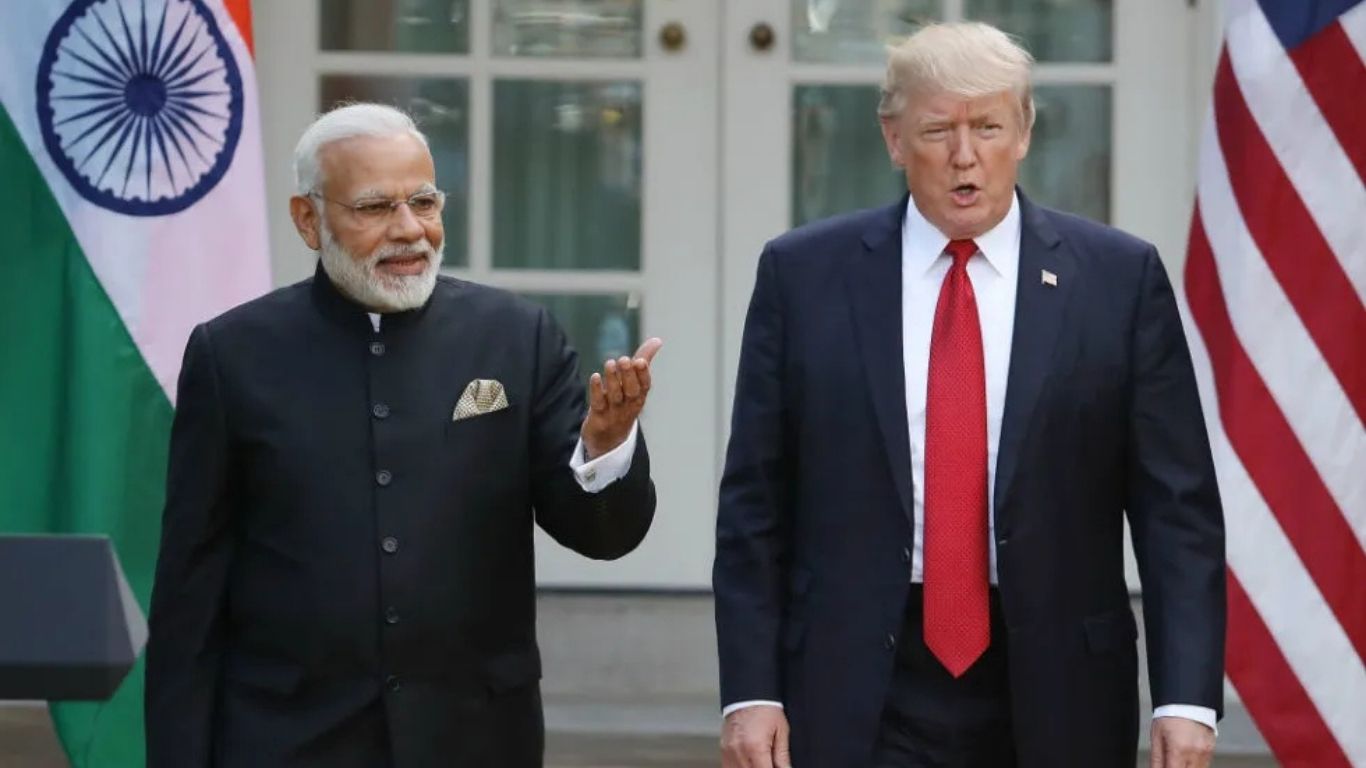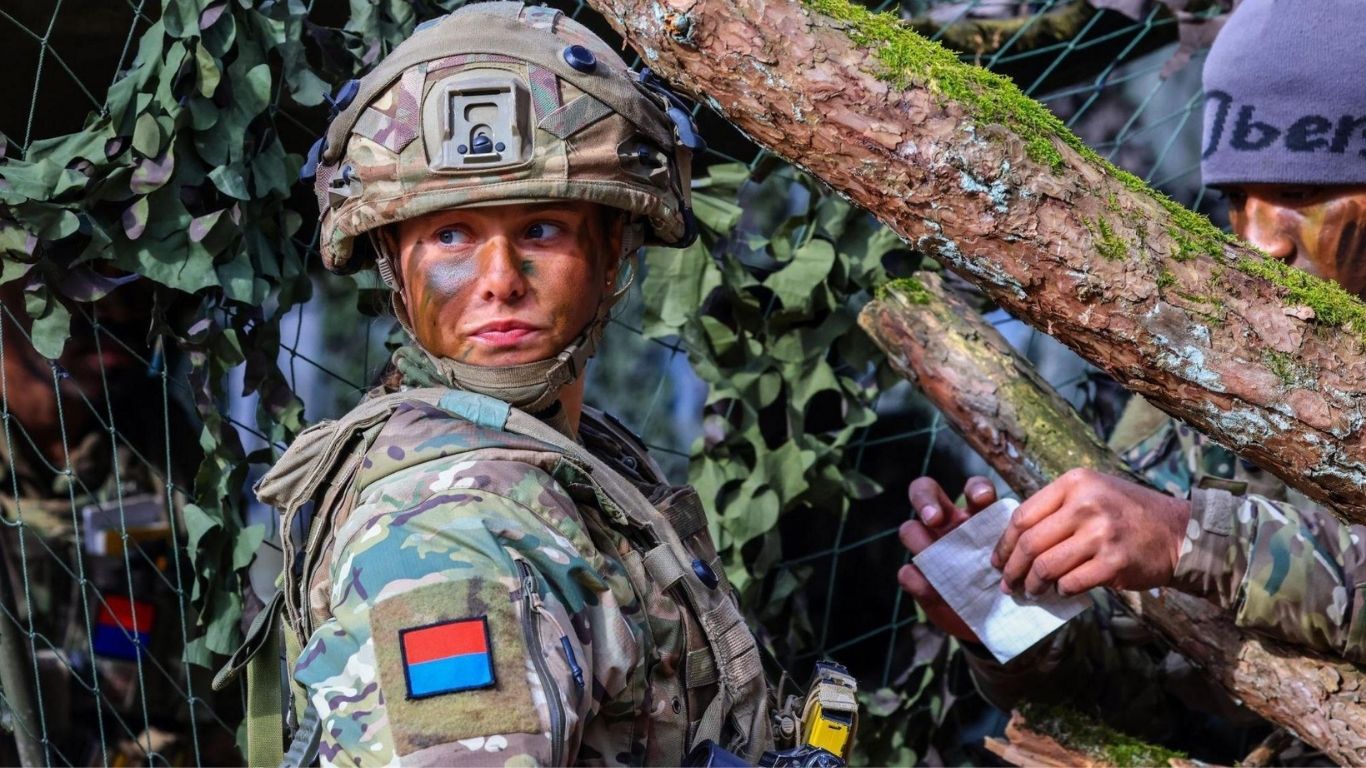America’s arms diplomacy is fueling instability in the Middle East. In a world increasingly threatened by conflict and geopolitical fragmentation, the United States’ booming arms trade is drawing fresh scrutiny. The May 2025 Middle East visit by former President Donald Trump has reignited debate over America’s economic reliance on military exports. With arms deals totaling over $145 billion signed with Saudi Arabia, Qatar, and the UAE, this trip marks a striking chapter in what experts are calling “America’s Arms Diplomacy Trap.” Explore how Trump’s 2025 Gulf deals worth over $145 billion reflect a dangerous U.S. reliance on weapons exports that prioritize profit over peace, ethics, and global security
At first glance, these transactions appear to be economic triumphs celebrated as victories for job creation, defense sector growth, and global influence. But beneath the surface lies a stark reality: America’s dependence on arms exports is militarizing fragile regions, empowering authoritarian regimes, and undermining global security.
The 2025 Gulf Arms Bonanza: Trump’s Economic Diplomacy in Action
In May 2025, Donald Trump’s visit to Saudi Arabia, Qatar, and the United Arab Emirates culminated in arms deals worth more than $145 billion. The centerpiece was a staggering $142 billion agreement with Saudi Arabia, alongside deals with Qatar ($1.96 billion) and the UAE ($1.6 billion). Promoted as symbols of economic strength, these agreements included advanced weapons systems, logistical support, and long-term training partnerships.
Trump framed the deals as economic masterstrokes, asserting that they would generate “millions of American jobs” while reaffirming US strategic ties to Gulf allies. However, critics argue this was less about diplomacy and more about an aggressive push to expand military markets with profound consequences for peace in the Middle East.
Weapons Over Peace: How Arms Sales Fuel Conflict
The US-Saudi arms agreement, the largest single arms transaction in history, significantly boosts Riyadh’s military capabilities. Critics warn that this will further inflame regional rivalries, especially the kingdom’s tense standoff with Iran. With a portion of these arms likely destined for ongoing operations in Yemen, humanitarian organizations fear an escalation of civilian casualties and a deepening humanitarian catastrophe.
Similarly, the UAE’s $1.6 billion deal involving helicopters, drones, and F-16 components augments its regional footprint. The nation’s ambition to become a global AI powerhouse, backed by the acquisition of 500,000 NVIDIA chips, raises red flags about mass surveillance, dual-use technologies, and the risk of transferring sensitive capabilities to strategic adversaries like China.
Meanwhile, Qatar’s $1.96 billion purchase of Boeing aircraft and military technology occurs against the backdrop of its ties to Hamas. These transactions undermine Qatar’s position as a neutral mediator in Gaza and exacerbate distrust among regional stakeholders.
The Economic Drivers of America’s Military-Industrial Complex
The US is the undisputed leader in the global arms trade, accounting for 43% of worldwide exports as of 2023. Defense giants such as Lockheed Martin, Raytheon, and Boeing are essential components of the American economy creating millions of jobs and fueling billions in export revenue.
But this economic success carries a heavy price. According to the Center for American Progress, these massive Gulf deals reinforce a cycle where the defense industry’s profitability depends on the perpetuation of global demand for arms. In essence, to sustain economic growth, the US must fuel militarization abroad often at the expense of ethical norms and diplomatic stability.
The arms trade, critics argue, sidelines human rights in favor of profit. For example, Saudi Arabia’s widely condemned human rights record, including the 2018 murder of journalist Jamal Khashoggi, casts doubt on the moral legitimacy of such deals. Efforts by Congressional Democrats to block arms transfers to Qatar and the UAE underscore growing concerns over corruption, misuse, and conflicts of interest tied to Trump’s business dealings.
The Global Fallout: Security Risks and Technology Proliferation
Beyond the Middle East, the consequences of America’s arms export policy are far-reaching. The proliferation of advanced military technology, especially AI and surveillance systems, poses significant risks to global stability. There’s growing fear that some of these technologies could eventually fall into the hands of US rivals like China, compromising both American security and international equilibrium.
Furthermore, as oil prices fluctuate, Gulf nations are increasingly turning to military power to project influence, leading to the militarization of diplomacy and a potential arms race in the region. The normalization of this behavior is dangerous. It not only entrenches authoritarian rule but also reduces incentives for peaceful resolution of conflicts such as those in Yemen, Gaza, Syria, and Libya.
A Vicious Cycle of Militarized Foreign Policy
The 2025 Gulf arms deals are not isolated events. They are part of a larger pattern dating back decades, wherein the US has consistently used military exports to project geopolitical influence. From the $110 billion Saudi deal in 2017 to ongoing exports to conflict zones, the US has shown a repeated willingness to sacrifice diplomacy and human rights for defense profits.
Reports by Amnesty International and the Stockholm International Peace Research Institute (SIPRI) confirm that American arms sales have exacerbated conflicts across the globe, particularly in the Middle East. These deals often tip the scales in fragile regions, escalate violence, and entrench repressive regimes.
The Cost of Profit-Driven Diplomacy
The 2025 Gulf arms deals underscore a dangerous paradox: while they bolster the US economy, they also destabilize the very regions they claim to protect. By prioritizing military contracts over long-term peace efforts, America risks entrenching its role as a global arms broker rather than a champion of peace and stability.
In an increasingly volatile world, the United States must reconsider the true cost of its arms diplomacy. A foreign policy driven by weapons sales, rather than diplomacy, ethics, and long-term peacebuilding, may offer short-term economic gains but at the grave expense of global security, moral integrity, and America’s standing on the world stage.




